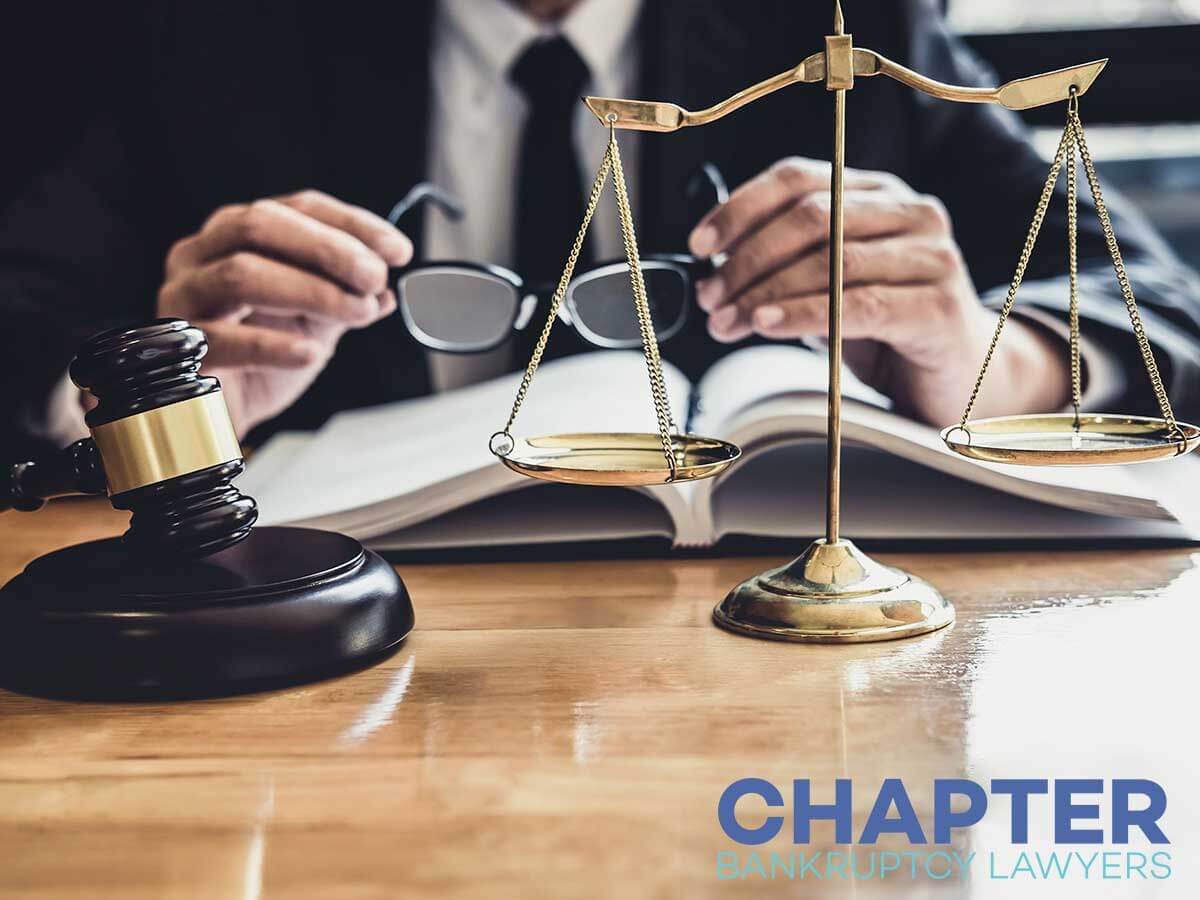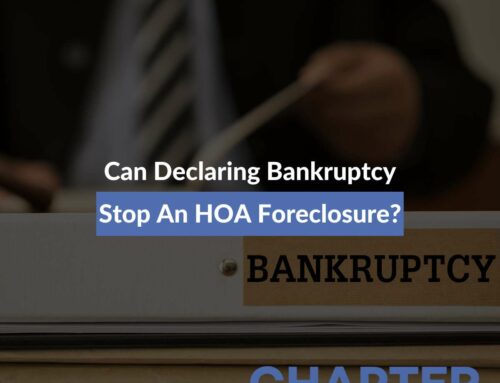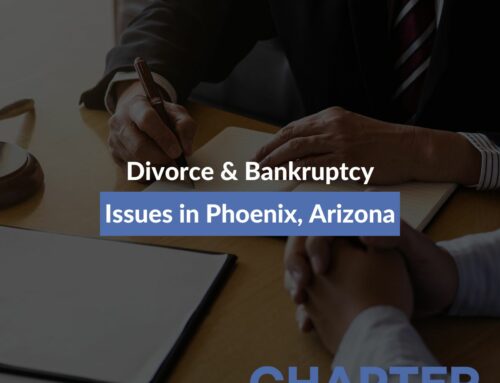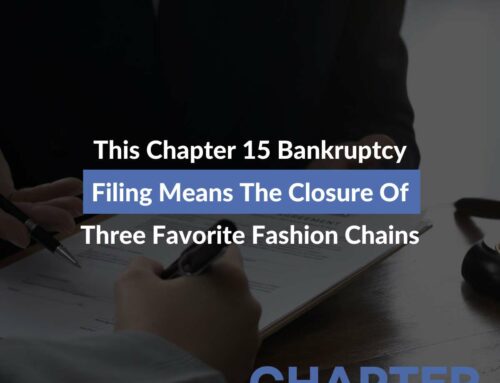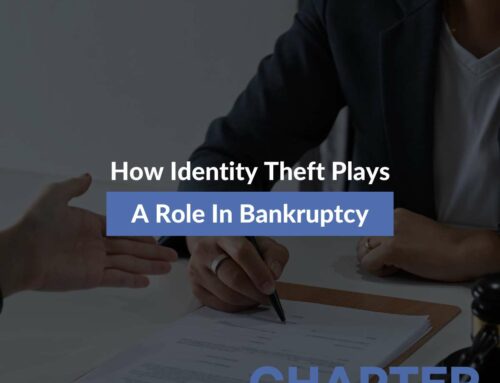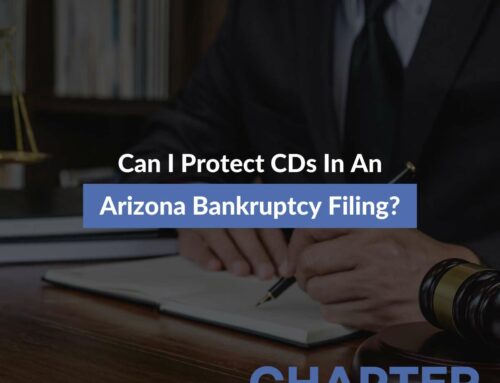Our Tempe Bankruptcy Attorneys Discuss The The Pros & Cons Of Filing a Chapter 13
You may already know that bankruptcy is a good way to start over with a clean financial slate. You may even already know that you don’t qualify for Chapter 7, and want to learn more about Chapter 13. Your Chapter 13 bankruptcy will last 3-5 years, so it’s crucial that you fully understand what you’re getting yourself into before filing your petition. That way, you and your family can rest easy knowing that you are on the road to a financial fresh start.
Like every form of debt relief, Chapter 13 comes with its own advantages and disadvantages. While many bankruptcy attorneys may sell you on the numerous positive effects that will come from a Chapter 13 bankruptcy, they may neglect to tell you about the downsides. There may be factors that affect your case specifically, so be sure to bring up any of these during your bankruptcy consultations.
Advantages Of a Chapter 13 Bankruptcy
- Longer protection period from the Automatic Stay. The Automatic Stay becomes active when your petition is filed, and prevents your creditors from garnishing your wages, foreclosing on your home, repossessing your vehicle, and more. In a Chapter 7, the Automatic Stay will last up to 4-6 months. In a Chapter 13 bankruptcy filing, the Automatic Stay will last up to 3-5 years.
- You can discharge second (and higher) mortgages in Chapter 13 if you owe more than your house is worth. This process, also known as “lien stripping,” is not available in Chapter 7 bankruptcy.
- The only way to stop a domestic obligation (child support or spousal maintenance) wage garnishment is by filing a Chapter 13 bankruptcy that arranges for full repayment of the balance in arrears. Chapter 7 has no impact (or protections) on domestic obligation debts.
- A Chapter 13 bankruptcy remains on your credit for 7 years from the filing date, while a Chapter 7 bankruptcy remains on your credit for 10 years.
- Your plan will help you avoid missed payments, defaults, judgments, etc., which would damage your credit.
- Available to those whose income exceeds the strict income limits for Chapter 7 bankruptcy.
Disadvantages Of Filing a Chapter 13
- Your disposable monthly income is tied up for 3-5 years. You will need permission from the court to incur any new debts during your payment plan.
- Your assets are frozen during bankruptcy, so you can’t finalize a divorce or complete other legal and financial procedures
- You pay your debts in Chapter 13 instead of simply discharging them like in Chapter 7. Chapter 13 attorney’s fees are generally more expensive as well.
- Both Chapters need to attend a 341 Meeting of Creditors, but you will also need to attend a plan confirmation hearing in a Chapter 13 bankruptcy.
How To Survive a Chapter 13 Bankruptcy Filing In Arizona
Declaring bankruptcy is no small task, and Chapter 13 is no exception. You may know people who successfully represented themselves in bankruptcy before, but if so, they likely filed Chapter 7.It is nearly impossible to represent yourself in Chapter 13- less than 1% of pro se (self-represented) Chapter 13 cases are discharged. Don’t waste time trying to represent yourself- assume that you will be hiring a Tempe chapter bankruptcy lawyer to represent you in your Chapter 13 bankruptcy. Many bankruptcy attorneys offer free consultations, so you can make sure that you are comfortable with the attorney that you hire.
Your Chapter 13 petition will likely be at least 50 pages long, and any mistakes could get your case dismissed. Make sure you have presented your attorney with all necessary documentation so that your petition will be full and accurate. It may also be helpful to have these documents gathered before consulting with bankruptcy attorneys. Tax returns, paystubs, insurance policies, retirement account statements, and other documents necessary for bankruptcy can take a while to collect.
Once your Chapter 13 petition has been filed, it’s important that you stay up-to-date on your case. The trustee may request additional documents from you, and there will be hearings to attend and deadlines to meet. Your attorney should keep you apprised of all updates in your case. You will also need to make sure to take your credit counseling courses in the required time periods and stay current on your monthly plan payments.
When a Chapter 13 Is a Better Option Than a Chapter 7
Sometimes you may have the option to file either Chapter 7 or Chapter 13. If you are in this position, you should fully understand the benefits and drawbacks of each when choosing the chapter you file. A common case of when someone may qualify for both chapters but choose Chapter 13 is if that person has valuable belongings they wish to keep. In Chapter 7 bankruptcy, all of your possessions must be protected by bankruptcy exemptions, or else your trustee can seize them to sell and pay your creditors. Several of these exemptions in Arizona are low- for example, the homestead exemption is $150,000 and the motor vehicle exemption is $6,000. Arizona doesn’t allow for federal exemptions, so any assets that aren’t protected by state exemptions will be at risk. There is no need to apply exemptions in Chapter 13, so you can keep your assets regardless of their value.
Choosing a Chapter 13 Bankruptcy Over a Chapter 7
Another time you may prefer Chapter 13 over Chapter 7 is when you have friends and loved ones as co-signers on your loans. Many of our clients had relatives co-sign on their auto loans to qualify for financing. If that person files Chapter 7 bankruptcy, the co-signer is held responsible and pursued for the debt instead. In a Chapter 13 bankruptcy, secured debts are paid in full, so the co-signer is unaffected. While there is no legal requirement to choose Chapter 13 in this situation, many of our clients feel a moral obligation to not leave their co-signers with their debts.
Chapter 13 is a complex type of bankruptcy, so you probably have additional questions. A bankruptcy lawyer should be able to give you an estimate of how long your plan will last, as well as approximately how much your monthly payments will be. This allows you to better decide if a Chapter 13 bankruptcy works with your plans for the future.
Contact Our Professional Chapter Bankruptcy Lawyers In Arizona Today!
The good news is that you don’t need to pay out of pocket to learn more about your bankruptcy options. Our skilled bankruptcy attorneys at Chapter Bankruptcy Lawyers offer consultations by phone, free of charge. We offer affordable fees and payment plan options to work with your budget. To get started with your risk-free consultation, call or use our online form to schedule today. We have same-day appointments and fast filings available. Contact our experienced bankruptcy attorneys today.
Chapter Bankruptcy Lawyers
Mesa Office
3707 E Southern Ave
Mesa, AZ 85206
Phone: 480-405-1010
Email: [email protected]
Tempe Office
4500 S Lakeshore Dr #300
Tempe, AZ 85282
Phone: 480-562-6145
Email: [email protected]

